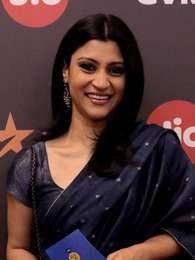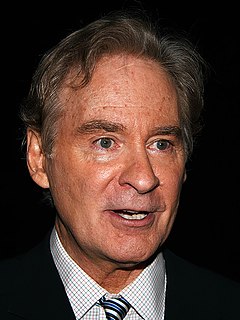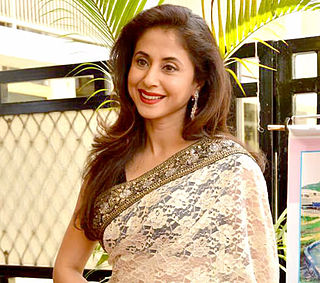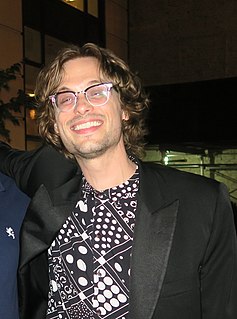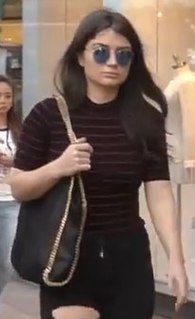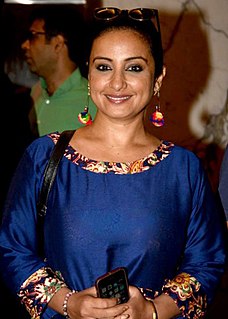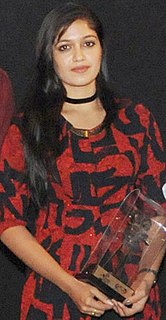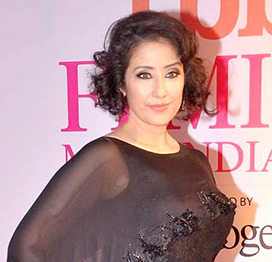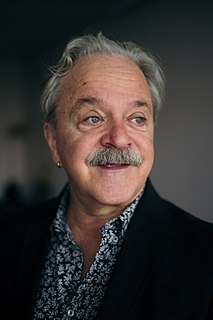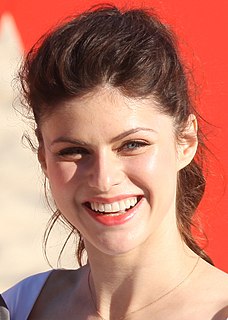A Quote by Konkona Sen Sharma
I never wanted to be an actor. Till my third film, I didn't imagine that I would continue acting. I didn't like it at all. It was only after three films that I became comfortable with acting.
Related Quotes
I wanted to be a playwright in college. That's what I was interested in and that's what I was moving toward, and then I had the lucky accident of falling in love with film. I was 19 or 20 that I realized films are made by people. Shooting digitally became cheaper and better. You couldn't make something that looked like a Hollywood film, but you could make something through which you could work out ideas. I was acting, but I was also conceiving the plots and operating the camera when I wasn't onscreen. I got very unvain about film acting, and it became a sort of graduate school for me.
I'm still learning to be the best actor I can be, and I have a long way to go to get to the level I would like to be at. My focus is still 100% acting acting acting. Once I hit a point where I feel very comfortable as an actor - because you can never stop learning, I don't care how comfortable you get, you can never stop learning - but once I hit a point where I can get that comfort level of taking on the task of directing and having the confidence in myself to have people's respect when I give them direction, that's definitely something I want to do someday.
Acting became important. It became an art that belonged to the actor, not to the director or producer, or the man whose money had bought the studio. It was an art that transformed you into somebody else, that increased your life and mind. I had always loved acting and tried hard to learn it. But with Michael Chekhov, acting became more than a profession to me. It became a sort of religion.
Tisch has a great film program and a great acting program, but they are segregated; you don't really intertwine. My peers knew I liked acting, so they'd be like, 'Go get that guy Gubler. He'll be in your student film.' I was in the same building. I became their go-to guy. So I left NYU having been in probably one thousand short films.
My tutor was a film director on the side, and she introduced me to film. She then put me in one of her short films, and it came out of that. That's when I fell in love with the process of making a film. After that, I was about 15 and I was like, "This is what I've gotta do." So, I started taking acting lessons, and then I applied to college to do acting. I got an agent, and it all just happened.
I think that I burnt myself out a little bit with my dancing because I did so much of it. I was exhausted so thought that I would try a different kind of performance and expression and acting seemed like a close fit; it was similar in some ways to dancing. My mum showed me some really good films and so I became interested in films and acting.
I do very little on-camera acting, so within a phrase as a voice actor you have to know how to convey when someone is 95 years old or 19 years old. . . When I was the lead singer of the California Raisins commercials there was a traditional actor there as well and he would do all these body movements without saying anything because he was "acting." And the only acting the microphone picked up on was silence.
Everyone has the opportunity to do a horror film. There's something great about it as an actor. You have to go to places you'd normally never go and be put in situations you would never be put into. You don't get the opportunity in a lot of films to have this kind of acting. It's an interesting challenge.
